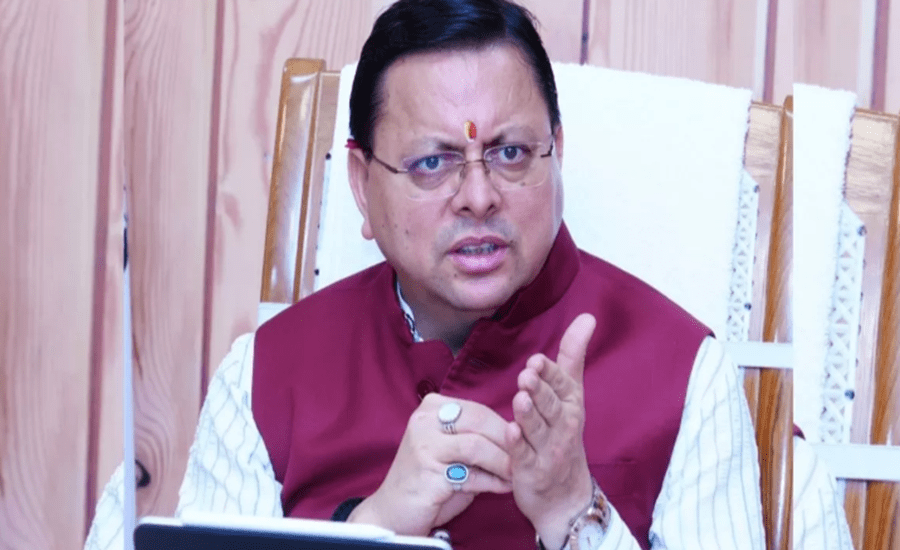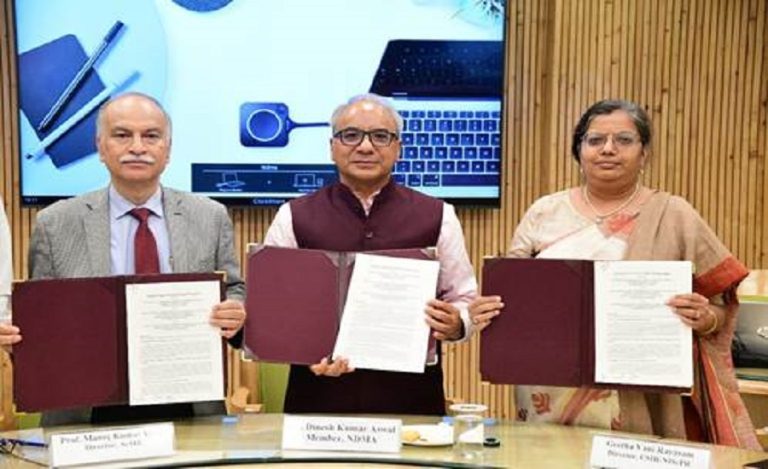Chief Minister Mr. Pushkar Singh Dhami highlighted that the people living in the Himalayan region can play a pivotal role in preserving the fragile ecosystem. Their traditional knowledge, sustainable lifestyle, and cultural practices teach how to coexist with nature. He assured that the state government will incorporate this traditional wisdom into its environmental protection policy. He added that protecting the Himalayas is not just a regional task but a responsibility towards future generations.
Focus on Sustainable Tourism
Mr. Dhami pointed out that while tourism is a key economic activity in the Himalayan belt, unchecked and insensitive practices can damage the delicate environment. He emphasized the need to promote sustainable tourism so that the environment is not harmed while the sector continues to grow. Planned tourism, according to him, can simultaneously protect the ecosystem and support local livelihoods.
Policy Innovations and Climate Action
Highlighting innovative steps, the Chief Minister mentioned that Uttarakhand has successfully implemented a digital deposit refund system for plastic waste management, reducing 72 tonnes of carbon emissions in the region. He reiterated that the Himalayas are not merely a mountain range but a cultural, spiritual, and environmental heritage of India. The region’s rivers, biodiversity, and energy potential make it a lifeline for crores of people.
Addressing Disasters and Climate Change
Mr. Dhami underlined that natural disasters in the Himalayas cannot only be attributed to local factors, as global climate change plays a major role. He cited incidents of cloudbursts in Uttarkashi, Chamoli, and Bageshwar, pointing out that even areas with minimal human intervention are vulnerable due to broader environmental changes. He stressed the urgent need to address global warming and its impact on the Himalayas.
Promoting Clean and Renewable Energy
The Chief Minister stated that the government is taking concrete steps to promote clean energy, forest and water conservation, and awareness programs. Initiatives such as plantation drives, water conservation campaigns, and expansion of solar energy projects are underway to mitigate climate change impacts and safeguard the Himalayan ecosystem.
Remembering Prof. Kharak Singh Valdiya
Mr. Dhami paid tribute to late Prof. Kharak Singh Valdiya, the renowned geologist, recalling his warnings about how pollution from Delhi NCR contributes to cloudbursts in the Himalayan region. He urged that such valuable scientific insights must be incorporated into policy-making and future strategies.
Call for Collective Efforts
Concluding his address, the Chief Minister said that protecting the Himalayas does not require breaking mountains but small, meaningful steps—planting trees, conserving water, reducing plastic usage, and promoting eco-friendly habits. He emphasized that the Himalayas are a shared heritage and protecting them is the moral duty of every individual and society at large.




























